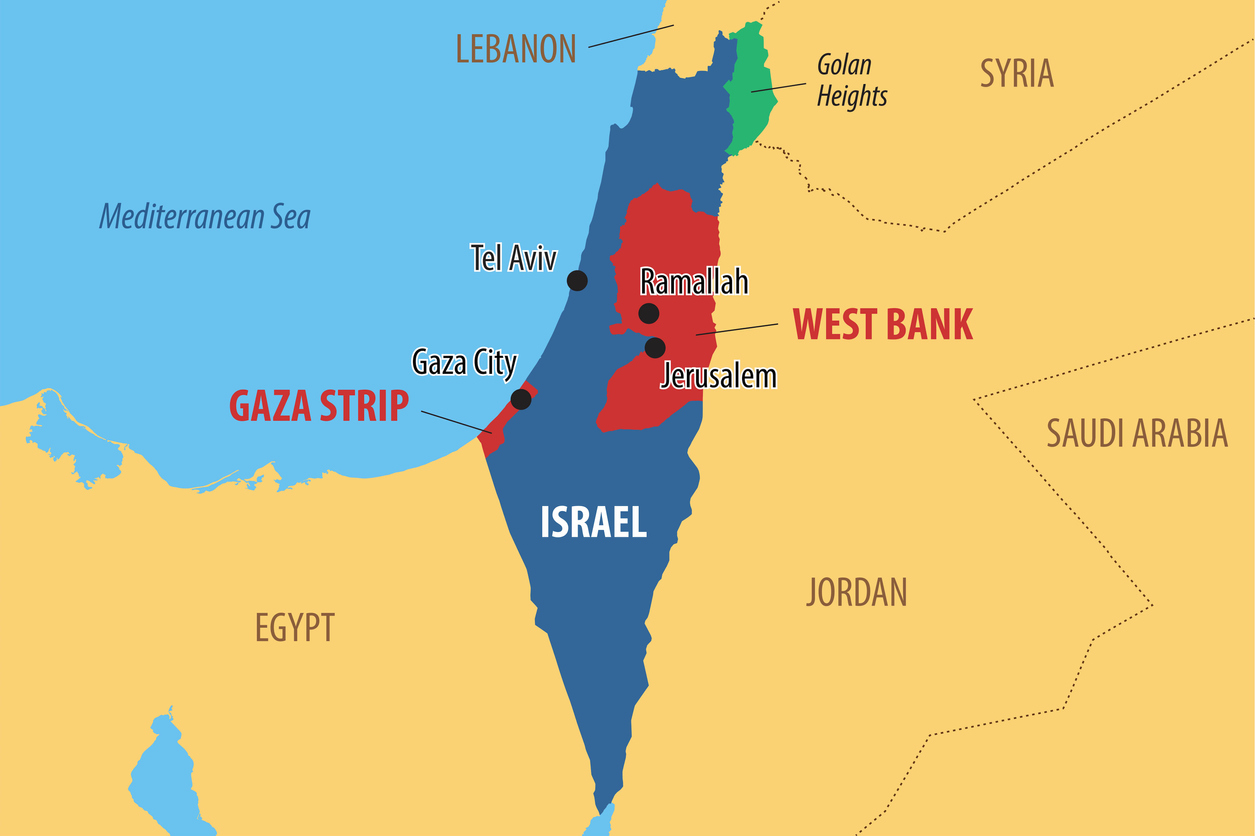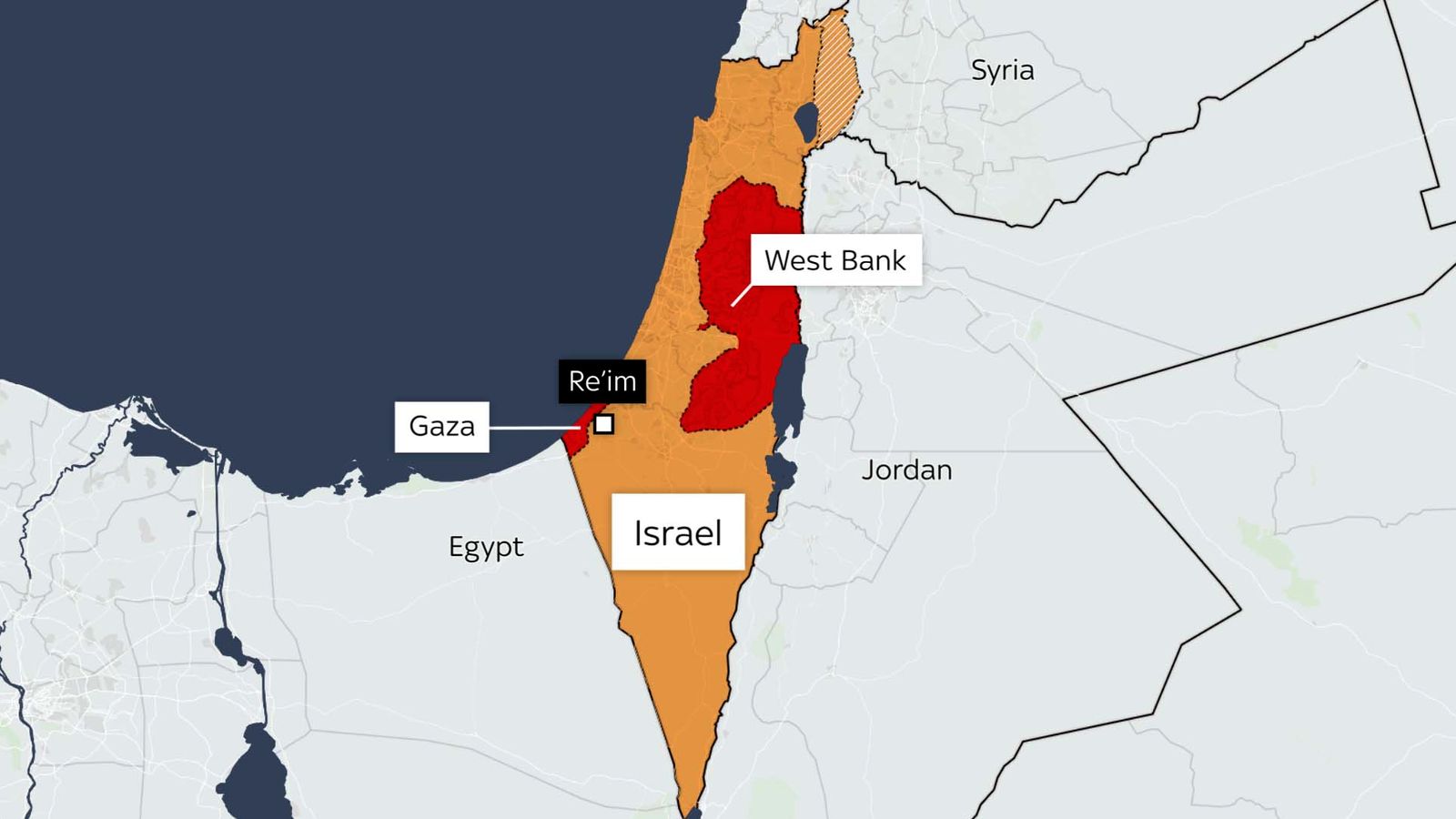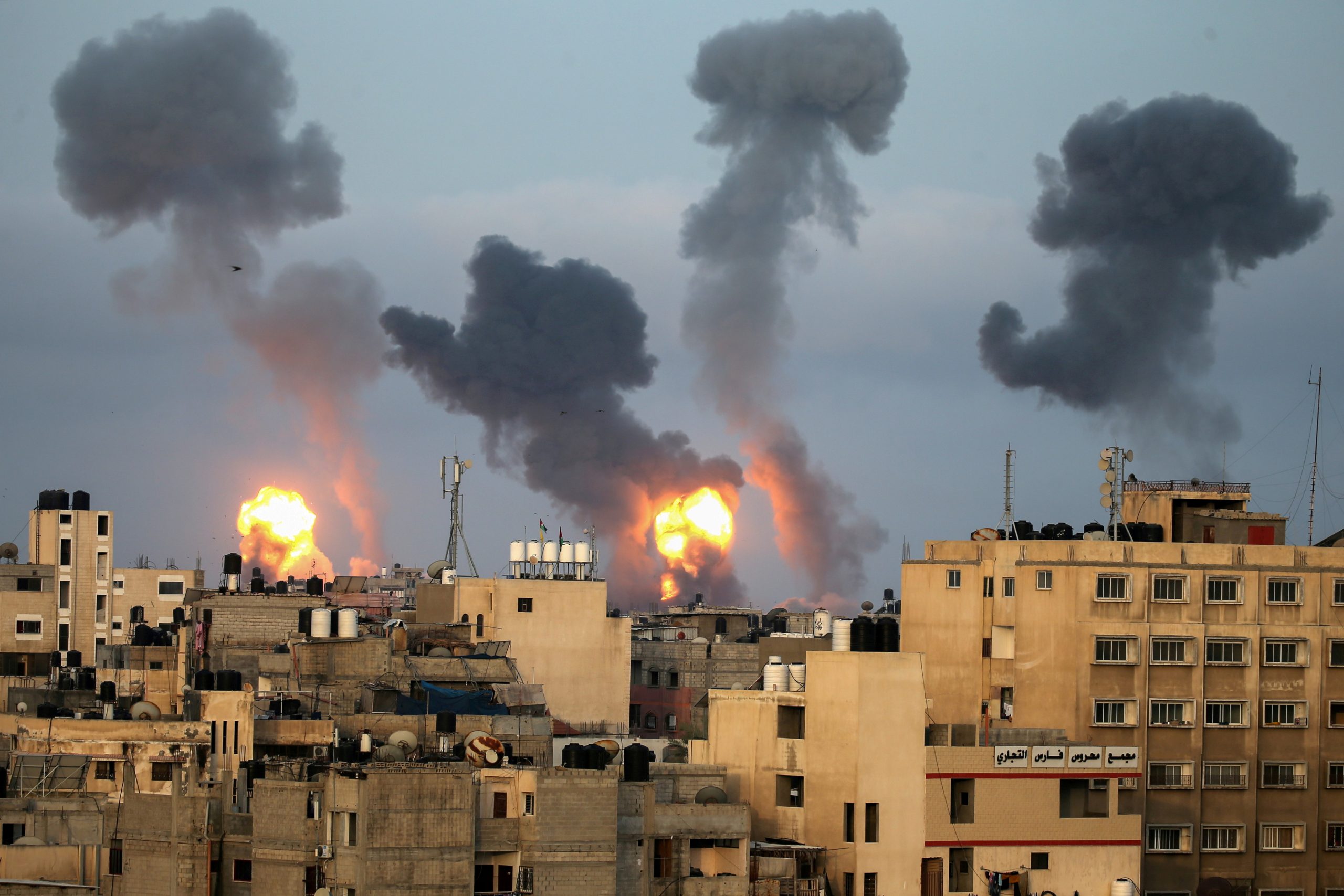The Israel-Hamas war aftermath The 200 th day of the never-ending conflict: Uncertainly for the hostages and their families The Israel-Hamas war has ceased to take lives 12 days ago, yet the Israelis left in Hamas’ custody still have a very uncertain fate at the 200 th day of captivity. All of the next of kin are consumed by excruciating pain over the fate of the closest people in their lives. Key points: Israel-Hamas Background In this context, it is critical to outline that Israel-Hamas has always been a cornerstone event for the world and the Middle East closely intertwined history.
It is important to note that the roots of the conflict go far into the past to the Israeli occupation of Palestinian territories and the desire of Palestinians to become independent. This time it started on [start date] and seriously extended the conflict between the two sides, taking the hundreds of nanastoto lives and destroying numerous buildings. Hostage Situation The hostages during the latest conflict have become one of the most unbearable consequences of the Israel-Hamas war.
Civilians of Israel and Palestine have been taken prisoner under horrifying circumstances, requiring families’ endurance due to not having any certainty. They are all non-regulars of the conflict and are only a part of a larger geopolitical picture, with hundreds of lives. In this context, the Israeli hostages need special mention, as their status of foreign citizens created a massive international uproar. Their hostageship has developed a necessity to do everything possible to return them home.

Background of the Israel-Hamas Conflict
There are several primary challenges involved in resolving the hostage crisis. The most obvious is the territorial and political dynamics of southern and central Gaza, which limits access and control for Israeli forces. Furthermore, negotiating with politically extremist groups such as Hamas is difficult and can require difficult concessions. It is also challenging to navigate the fragmented nature of the Palestinian territories and the fact that Hamas is one of many groups vying for control in the region.
The Israeli government will also have to maintain a careful balance between protecting its citizens and ensuring the hostages remain alive . International organizations and governments have taken several concrete steps to help free the hostages. Several countries and organizations, including the United Nations and Red Cross, have denounced the hostage-taking and released statements demanding the victims’ immediate and safe release . Some states and organizations arrange mediators and negotiators to try to reach out to the terrorists, but few have been successful. It is evident that the situation is too tense and overly convoluted. There can be many reasons behind this, yet the most obvious one is that the kidnappers do not wish to negotiate.
As a result, the negotiation becomes far more complicated, and its freedom of maneuver becomes heavily restricted. The impact on Israeli society is devastating . It is only possible to assume the worst-case scenario. Hundreds of families are at a standstill, which is a state of extreme suffering and impossibility to make future plans.
Overview of the Hostage Situation
Furthermore, the Israeli public has also been profoundly affected by the hostage crisis. The media coverage and public opinion have worked to bring attention to the plight of the hostages, creating mass sympathy and empathy for them. The hostages’ continued captivity has fostered a sense of unity and a collective desire to see them released.
The role of the media and public opinion: the media has been instrumental in drawing attention to the hostage crisis. News outlets have picked up the story and aimed to document developments, giving voice to the families and illustrating the cost on innocent lives. Pictures and affected families further inflamed public opinion, sparking public outrage and placing international pressure on regulators and governments. There are few sources of information, however, based on the alarm of the Israeli ambassador.
Social media and public visits were the main sources of information. Humanitarian concern: the human conditions of the case are enormously disturbing. Innocent civilians have been captured in the political conflict, and their health and safety should be a top priority. The hostage-taking and years of captivity raise ethical questions about the treatment of prisoners and human rights. Their conditions need regular monitoring, and authorities need to limit their exposure.

Challenges in Resolving the Hostage Crisis
The Hostages’ Release: Potential Outcomes and Scenarios While much remains unclear about the future, several possible outcomes stand out. First, further hands of diplomacy may yield a breakthrough. For that to happen, both sides will have to make concessions; in particular, Hamas will likely have to yield to international pressure and mediation to give the hostages up . Even if this result is achieved, however, it may only be due to prolonging the hostage crisis; as such, the suffering of hostages and their families may only be continued.
Second, there is also a possibility that the hostage crisis will be protracted, and no resolution can be found. This outcome will result in the deepening of already existing strains, and more wounds caused by the war itself. Analysis of the Political and Strategic Dimensions of the Crisis As it comes clear from the provided overview, the hostage crisis cannot be considered separate from the broader political and strategic dimensions of the Israel-Hamas conflict. According to the facts conveyed, the abduction of Israeli civilians served instrumental in Hamas pressure efforts on the Israeli government . In this way, the crisis can only be resolution when the underlying motivations, and the power play is understood and, to some extent, taken into account.
More broadly, the case demonstrates the necessity of a long-term and a holistic solution to the Israeli-Palestinian conflict. Until the root causes are addressed, the threat of similar scenarios will always be existential and necessitate preventative measures. Conclusion: the Fate of the Hostages and the Imperative of Efforts The Israel-Hamas conflict marks its 200 th day, and the fate of the hostages remains uncertain. The continued predominant uncertainty emphasised the human cost of the conflict and the necessity of a peaceful resolution. Therefore, international communities should continue to pressure and assist diplomatic efforts to persuade Hamas to release the hostages.

Efforts Made by International Organizations and Governments
It is only through a collaborative approach and a dedication to conversation that the hostage crisis will end and that the families of those affected can be comforted. The hostages’ plight is a tragic reminder that, at the end of the day, the only viable way forward in the region is peace and reconciliation . I urge us to work together to a future where such situations are non-existent and the welfare of innocent civilians is upheld. If you found this article informative, we encourage you to explore our piece on the United Nations, which delves into the organization’s efforts toward global peace and security.


